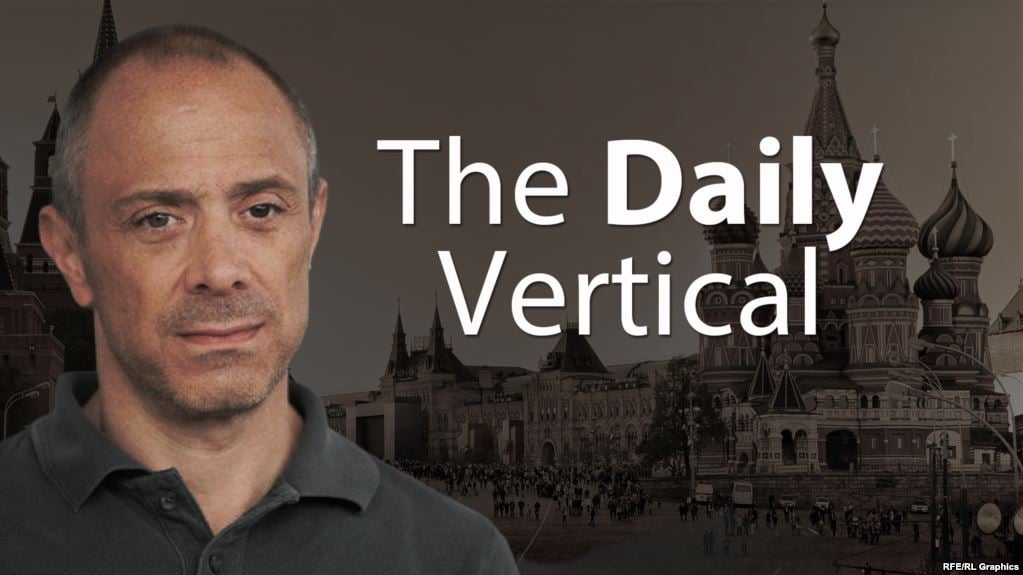
By Brian Whitmore, for RFE/RL
So it appears there will be a degree of transparency in next month’s massive Zapad 2017 war games after all.
Scores of observers from NATO and non-NATO countries, as well as from the OSCE and the Red Cross have been invited to attend Russia’s largest military exercises since the Cold War.
Regular briefings are taking place. And efforts have been made to reach out to — and assuage the fears of — neighboring countries such as Ukraine, Poland, and the Baltic states.
But here’s the thing. Those efforts are not coming from Russia.
They’re coming from Belarus, which will participate in the exercises and host their largest component.
This is partially out of self-interest. There has been much speculation and anxiety in Minsk that Russia will use the exercises to tighten its grip on Belarus, perhaps stealthily leaving troops behind.
Moreover, Belarus does not want to be drawn into a conflict between Russia and NATO — and wants to distance itself from any attempt to use the exercises as a psychological operation to unnerve the West.
Ever the gamer, Belarusian President Alyaksandr Lukashenka wants to keep his options open and play both sides.
But that said, it is also highly unlikely that Lukashenka would reach out to the West the way he has without at least tacit consent from Vladimir Putin’s Kremlin.
Which raises the question of whether Russia and Belarus are simply playing the old good-cop-bad-cop game with the West.
But, if that is the case, what does it say about the Putin regime when it uses the likes of Lukashenka as its “good cop”?
By Brian Whitmore, for RFE/RL





